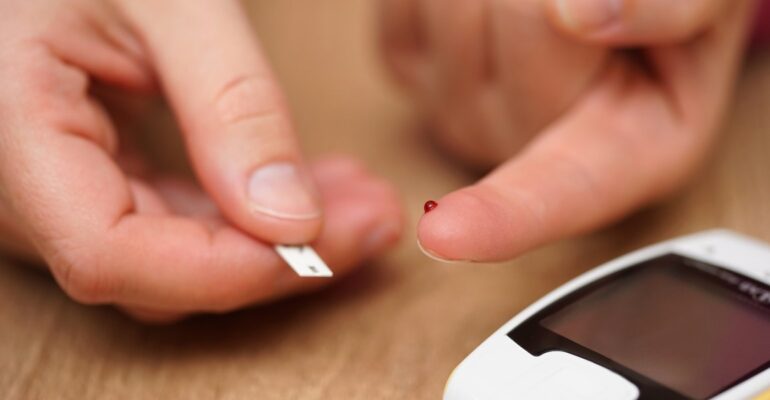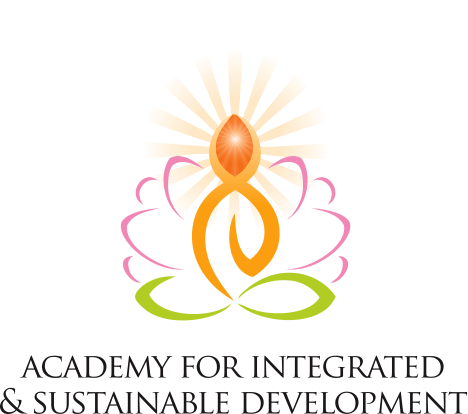Awareness programme on Diabetes
November 27, 2020 2020-12-26 12:02Awareness programme on Diabetes

Awareness programme on Diabetes
Holistic Approach to Diabetes Care
To commemorate the World Diabetes Day – 14 November, the Academy for Integrated and Sustainable Development (AISD) in collaboration with the Brahma Kumaris World Spiritual University (BKWSU), organised an awareness programme on Diabetes, on Saturday
11 November 2017 at the Academy for Integrated and Sustainable Development, Wooton. The theme was ‘Holistic Approach to Diabetes Care’.
Picture in Mauritius
Over the past 2 decades, Mauritius is one of the countries in the world where there is the highest rate of patients with diabetes with no recent significant improvement. Diabetes is rising to epidemic proportions in Mauritius, driven by an increasing ageing population, ethnic and genetic background of the population, unhealthy diet, obesity, physical inactivity and stressful life along with industrialization, urbanisation and the socio- economic advances. Diabetes is a major health challenge in Mauritius. Nearly half of those affected do not know that they have the disease and this adversely influences the quality of life, risks of complications as well as morbidity and mortality. All of these
factors are modifiable, except for ethnicity and genetic factor.
Despite the availability of free health services, over 50% of diabetes patients are poorly controlled and the risk of
complications from diabetes remain very high. In fact, diabetes affect all organs in the body when poorly controlled.
Prevention and control of diabetes must become a priority. There is an urgent need for enhanced diabetes education, as evidence suggests that a change in diet and lifestyle can not only bring about significant improvement in the incidence and pre valence of diabetes, but also better controlled diabetes with less risk of
complications and improving patient’s quality of life.
Rationale of the project
The project is motivated as a result of an observation in health care settings and from research conducted by diabetes educators in Mauritius that most patients with type 2 diabetes mellitus:
- Are non-adherent to lifestyle modification recommendations, poorly understood lifestyle measures namely; diet and exercise and therefore presented with poor glycaemic control.
- Are very stressful, lack social and psychological support which result in constant high glucose, cholesterol, triglycerides and blood pressure level.
- Have a low level of knowledge on diabetes
- Have wrong attitudes and perceptions about diabetes
This project is also a response to: - The growing problem of crippled complications with its
tremendous sufferings. - High economic burden to patients, relatives and state.
- High rate of mortality and morbidity
Public health burden of the disease may be reduced significantly
with implementation of effective and sustainable lifestyle changes.
INTERVENTIONS
Diabetes education, is the most essential component of diabetes care. Multiple studies have found that structured diabetic education is associated with improved diabetes knowledge and self-care behaviour, improved clinical outcomes and quality of life,
healthy coping, and lower costs.
Better outcomes have been reported for interventions that were longer and included follow-up support.
Educating diabetics is enabling people to ‘live with diabetes’ not suffer from it. Thus, a robust, structured diabetes education including many topics will be conducted both in groups and individually according to the patient’s needs, understandings and preferences. A stepwise approach of lifestyle modification recommendations including diet and exercise programs, stress management, personalized counselling, overview of diabetes, knowledge on oral hypoglycemic agent and insulin, negative effects of alcohol on diabetes, sick days management, amongst others were carried out in this project . In fact, the project ensured
a holistic and an integrated approach to care.
The education was culturally and age appropriate. The social support, i.e family members, partners, friends and careers, especially the one responsible for shopping and cooking at home was included in the education process, as appropriate. Different teaching methods were used. Supporting materials (pamphlets, posters written materials in appropriate language, visual materials) were provided to each patient. A soothing and friendly
physical and social environment were provided for learning. Honest and constructive feedback were given. Patients were rewarded for achieving their objectives towards set goals.
40 Diabetic patients followed the programme that lasted for 9 months.




